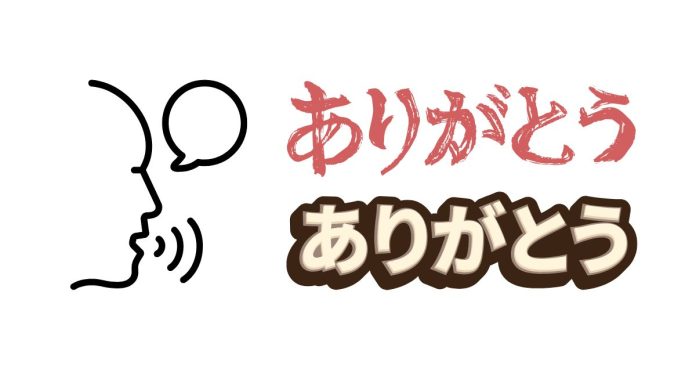Language is a window into culture, and exploring how different words are expressed in other languages can deepen our understanding of their traditions and values. If you’re learning Japanese or simply curious, you might wonder: how do you say “brother” in Japanese? Let’s explore the different terms used for “brother” and the cultural nuances behind them.
The Basics: Words for “Brother” in Japanese
In Japanese, there isn’t a single word for “brother”—the term you use depends on the sibling’s age relative to yours and the level of formality. Here are the main terms:
- お兄さん (Oniisan)
This is the polite term for “older brother.” It’s commonly used to address someone else’s older brother or when referring to your own in a respectful way. - 兄 (Ani)
This is a more neutral, formal term for “older brother.” It’s often used in written language or when referring to your older brother in a factual or modest context. - おとうと (Otouto)
This word means “younger brother.” It’s used for both your own younger brother and someone else’s, though the context usually clarifies the relationship. - にいちゃん (Niichan) or にいに (Niini)
These are informal, affectionate ways to say “older brother,” often used by younger siblings in a casual or familial setting.
Cultural Insights
Japanese places great importance on familial hierarchy and respect. The distinction between older and younger siblings is significant, and the language reflects this. Addressing an older brother with the appropriate term demonstrates respect, while the choice of a more casual word reflects closeness or affection.
How to Use These Words
Here are some example sentences to help you use these terms:
- お兄さんは優しいですね (Oniisan wa yasashii desu ne)
Your older brother is kind, isn’t he? - 兄は医者です (Ani wa isha desu)
My older brother is a doctor. - おとうとはまだ高校生です (Otouto wa mada koukousei desu)
My younger brother is still a high school student.
In Japanese, “brother” can be expressed in several ways, depending on age, relationship, and formality. Words like お兄さん (Oniisan) for an older brother and おとうと (Otouto) for a younger brother showcase the cultural value placed on familial roles and respect.
Next time you’re talking about siblings in Japanese, remember to choose the term that fits the context best—it’s a great way to deepen your understanding of both the language and the culture!


